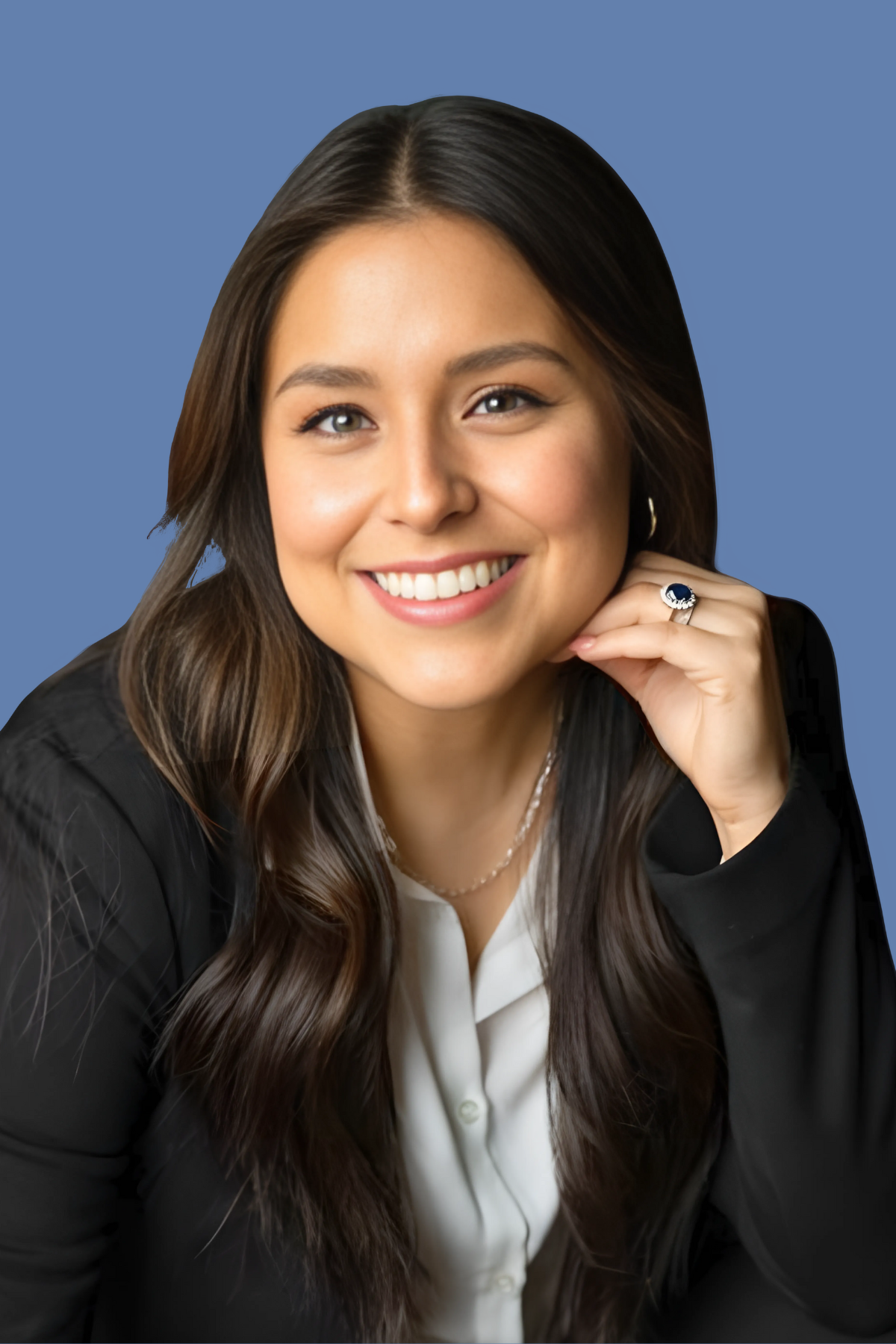"There’s always gonna be another mountain / I’m always gonna wanna make it move."
- Miley Cyrus, “The Climb”
This lyric resonates deeply with many educators and behavior analysts, especially those of us who work in the most restrictive settings. Our path isn’t always easy - students with complex needs, high-intensity behaviors, and significant skill deficits require not just expertise but perseverance, compassion, and a team-first mentality. And yet, like the song suggests, it’s not just about the destination. It’s about the growth, the resilience, and the learning we continue to do along the way.
Marla Watts-Pacheco, MS, BCBA
The Case for Lifelong Learning in Special Education and ABA
In the world of Applied Behavior Analysis (ABA) and education, lifelong learning isn’t optional; it’s essential. Science evolves. Best practices shift. Our students change, and so must we. When we stop learning, we stop meeting our students where they are.
For behavior analysts and educators serving the most intensive populations - those with severe autism spectrum disorder (ASD), multiple impairments, or profound communication needs - ongoing professional development is a lifeline. It bridges the gap between what we were trained to do and what students need today.
But lifelong learning isn’t just attending CEUs or checking boxes for recertification. It’s an intentional, reflective, and collaborative process driven by curiosity and grounded in humility.
Learning in the Trenches: Real-World Application
My own learning journey started as a behavior technician. I worked in clinics and homes, applying ABA principles in structured settings. Over time, I transitioned into schools, working in what the LRE framework defines as the “most restrictive” environments - center-based classrooms supporting students with severe behavior and communication needs.
These environments challenge every part of your professional identity. You’re not only implementing behavior intervention plans (BIPs) - you’re coaching staff through meltdowns, adapting curriculum, collecting data, conducting functional behavior assessments, and navigating experience-informed care. You’re also communicating with families who are often overwhelmed, exhausted, and in need of hope.
It’s not enough to know the functions of behavior. You need to know people - students, parents, paraeducators, administrators. And that requires ongoing learning in emotional intelligence, varying backgrounds, leadership, and experience-informed practice.
Marla Watts-Pacheco, MS, BCBA
Team Learning Is Lifelong Learning
The work we do is rarely in isolation. We are part of multidisciplinary teams that include speech-language pathologists, occupational therapists, physical therapists, teachers, social workers, administrators, and paraprofessionals. Supporting lifelong learning isn’t just about your growth; it’s about building team capacity.
In the most restrictive settings, every success is the result of collective effort. One educator might focus on functional communication, while another targets adaptive skills, such as toileting or handwashing. The BCBA might be modeling how to prompt fading or use differential reinforcement. Together, these overlapping areas of expertise allow us to tackle the most complex student needs.
When one member of the team learns, everyone benefits. A teacher learns a new visual support strategy. A paraprofessional develops fluency in crisis de-escalation. An OT shares sensory regulation tools. All of these contribute to a stronger, more dynamic system of support.
Making Time to Learn When Time Is Scarce
The irony of lifelong learning is that the most burned-out, time-stretched professionals often need it the most—but have the least capacity for it. So how do we stay committed to professional growth?
Here are a few strategies that have worked in our program:
- Micro-learning: Watching 5–10 minute training videos during prep or staff meetings.
- Peer coaching: Pairing up with a colleague to observe and give feedback on implementation strategies.
- Reflective practice: Ending team meetings with one “aha moment” or “lesson learned” from the week.
- Learning labs: Monthly PD sessions where team members share tools they’ve found helpful.
- On-the-job CEUs: Applying for learning credit during supervision, team consultations, or in-service training.
Marla Watts-Pacheco, MS, BCBA
The Emotional Side of Learning
Final Thoughts

written by
Marla
Watts-Pacheco
Marla Watts-Pacheco is a qualified behavioral health professional and behavior consultant specializing in family engagement, developmental disabilities, autism spectrum disorder, and organizational behavior management. She has been a behavior analyst, behavior specialist, and ABA therapist in clinic, school, and in-home settings. Outside of her professional work, she enjoys time with her family and exploring new places with her husband. Marla is a Board Certified Behavior Analyst with her Bachelors in Behavioral Science and Masters in Applied Behavior Analysis.
University Product
product description in relation to blog post
Write your awesome label here.
Write your awesome label here.
Download our resource and start learning!
Learn the tools used by the world's top professionals. Boost your confidence, master the field, become a certified professional. We hope our guide provides you with valuable insights and practical tips.
Everywhere you listen to podcasts!
Little Bits of TLC Podcast
Join us for more!
Listen to [EPISODE TITLE] with [GUEST]
Project Thrive
Build an inclusive, proactive classroom that supports students with behavioral and mental health needs.
Join the next cohort to develop effective environments, behavior strategies, targeted instruction, essential collaboration skills, and more!
Project Onward
Build a transformative intensive program with your complex at-risk students.
Join the next cohort to develop your self-contained or alternative education program from design through implementation!
Project Bace
Build an effective, individualized functional skills program for your low-incidence students.
Join the next cohort to develop your instructional environment, responses to behaviors, functional academics, and more!
Project Thrive
Listen to this episode about HLPs in general ed. and resource!
Project Onward
Listen to this episode about HLPs in intensive EBD!
Project Bace
Listen to this episode about HLPs in life skills programming!
